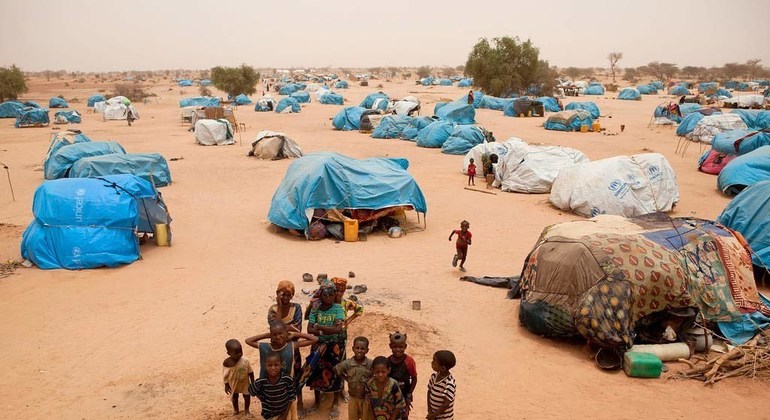
20 Feb MANAGING HUMANITARIAN CRISIS RESPONSE (8 SESSIONS)
Wars in Syria and Yemen, the Rohingya crisis and climate-fueled crises in Africa have sent the number of displaced people to a record high of 68.5 million in 2018. Humanitarian organizations strive to preserve the life and dignity of the millions of people who suffer the consequences of war, displacement, famine and natural disasters.
In this seminar, we will study how to handle the response to a humanitarian crisis. We will study the principles and laws that try to protect humanitarian action from political interference, the actors that conform the humanitarian system and the practicalities of how to assess the needs of the population, negotiate with armed actors and implement an intervention. We will do it through simulations and case studies based on real humanitarian crises.
#N/A
BORJA SANTOS + PABLO MARCO
Borja Santos has been working strengthening the humanitarian response of United Nations and the government of Ethiopia and Ecuador during several years. He also being working as a program officer of the Humanitarian Aid Office of the Spanish ministry of foreign affairs managing humanitarian projects with different humanitarian partners in all regions.
He is international official trainer of the sphere humanitarian minimum standards and executive director at the School of Global and Public Affairs at IE University.
Pablo Marco has leaded humanitarian interventions in some of the largest crisis of the 21st century as country director and regional desk of Médecins Sans Frontières, including Syria, Yemen, Central African Republic and Haiti.

Skills
1. Students will better understand the human consequences of war, political and natural crises, and the actions that can be implemented to reduce the suffering of the victims.
2. Students will be acquainted with the laws and principles that frame humanitarian interventions in the international political system.
3. Students will be able to identify the key actors conforming the humanitarian system and how to interact with them
4. Students will gain a first understanding of the practicalities of the management of a humanitarian intervention, including how to perform a humanitarian assessment and negotiate with actors in contexts of armed conflict.
Schedule
Which dates?
18/01/2024×2
January 25, 2024
February 1, 2024 x2
08-feb
22-feb
29/02/2024×2
What day?
THURSDAY
What time?
15:30- 17:00, 15:30- 18:30
